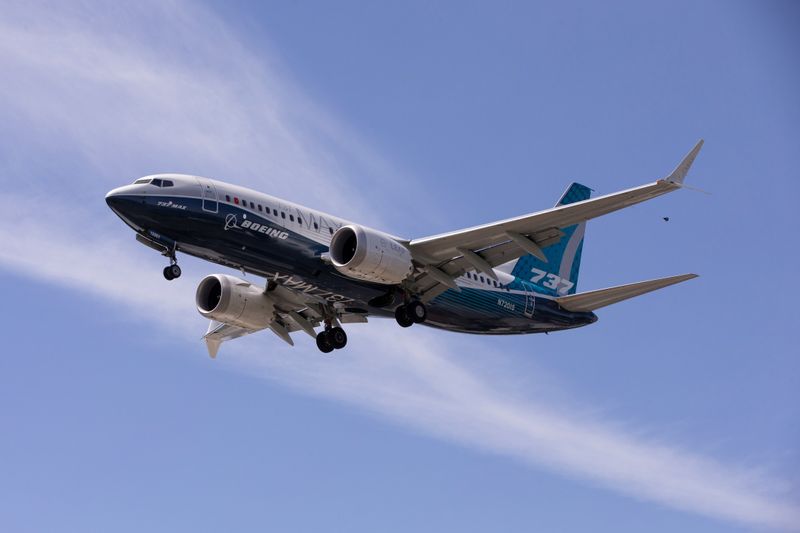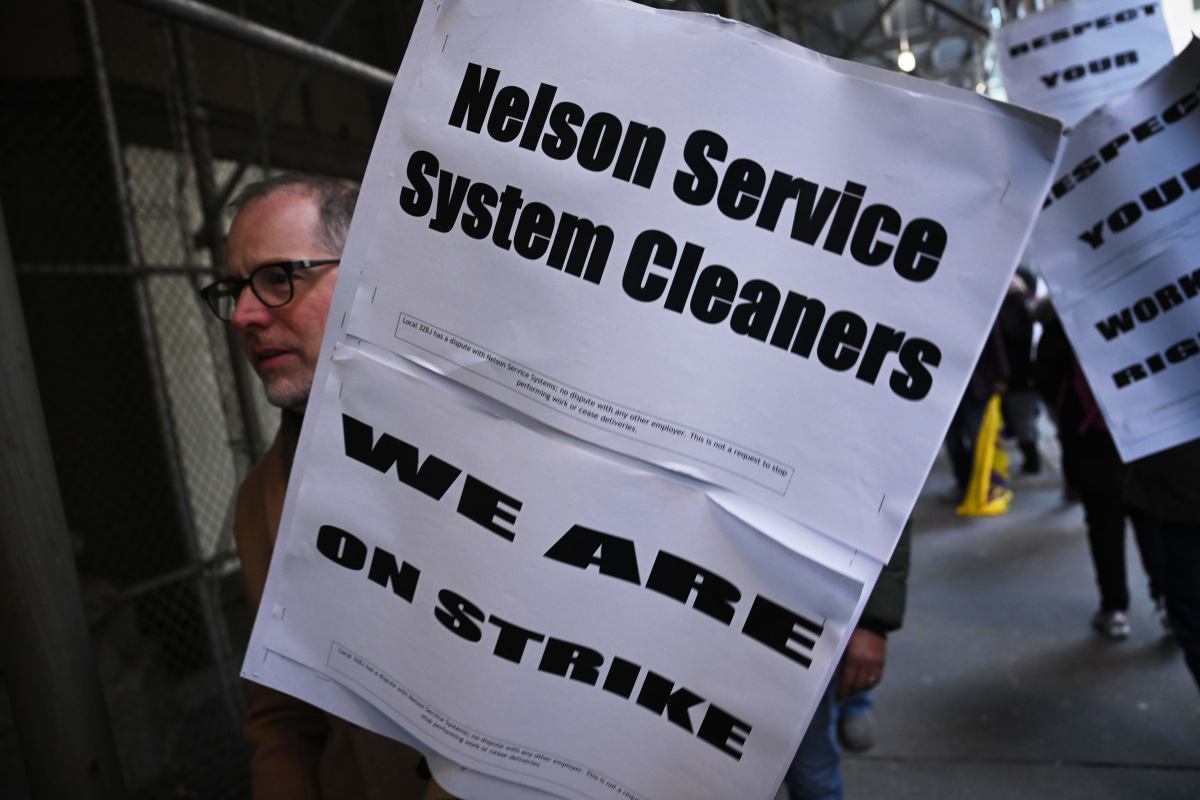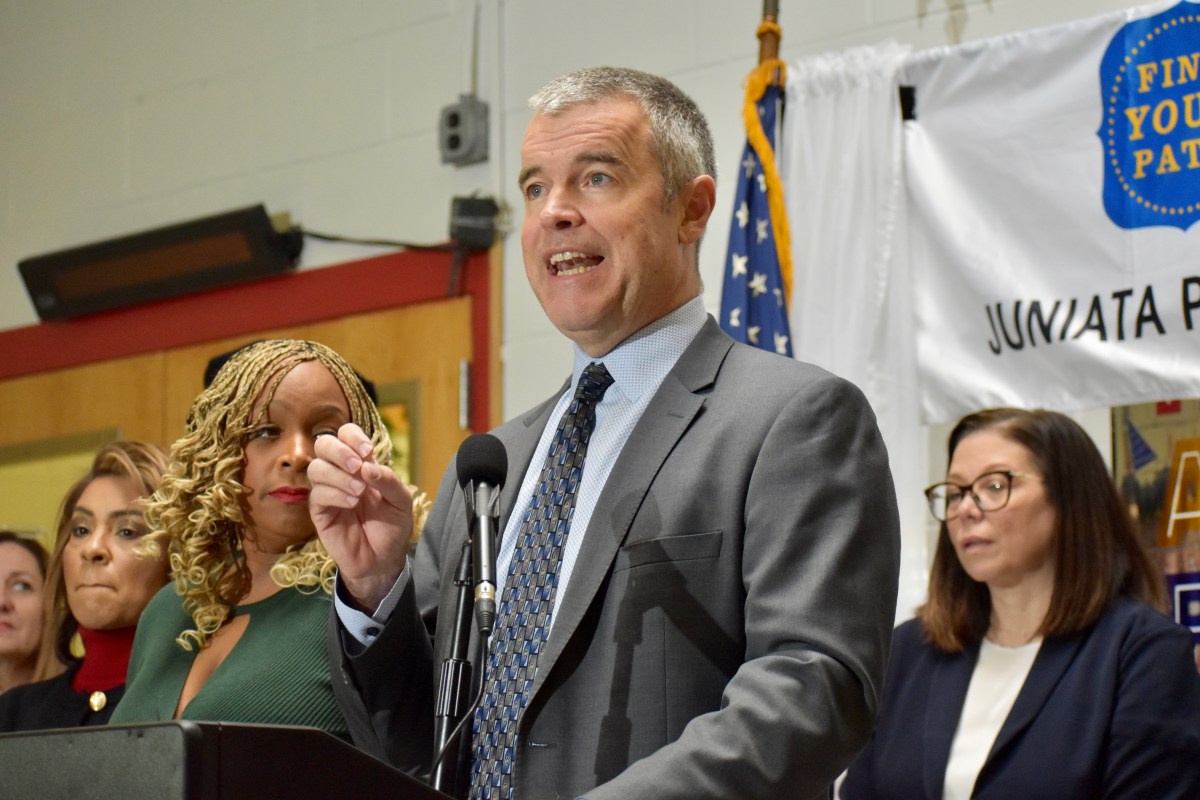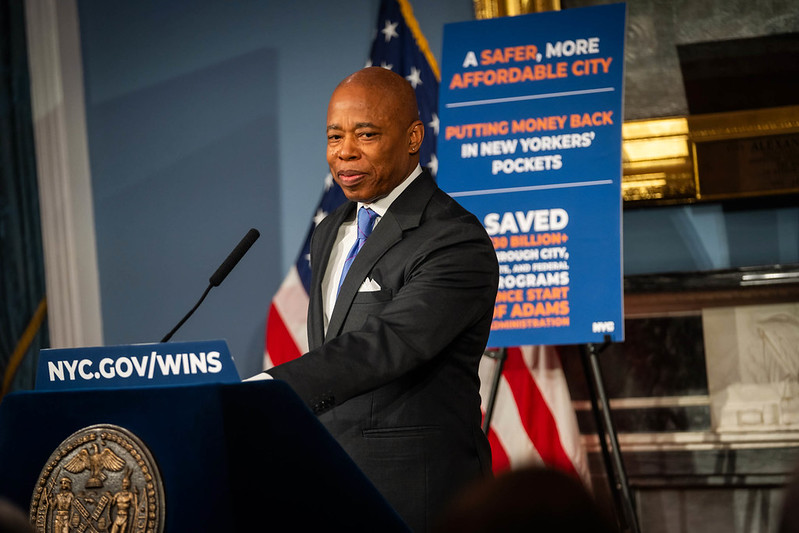WASHINGTON (Reuters) – Federal Aviation Administration (FAA) safety employees reported facing “strong” external pressure from industry and raised alarms the agency does not always prioritize air safety, according to an independent survey seen by Reuters on Friday.
The survey report gives ammunition to critics who argue in the aftermath of two fatal Boeing 737 MAX crashes that the U.S. aviation safety regulator has not done enough to insulate employees from industry pressure.
The survey quoted one anonymous employee as saying that the message was, “Don’t rock the boat with Boeing.”
The report found employees believe aviation safety leaders “painted ‘too rosy of a picture'” after the 737 MAX crashes “and did not acknowledge the needed changes to FAA safety-related policies and processes.”
The survey, turned over to Congress on Friday, found that many aviation safety employees believe that “senior leaders are overly concerned with achieving the business-oriented outcomes of industry stakeholders and are not held accountable for safety-related decisions.”
“It is completely unacceptable that there are employees who lack confidence that their safety concerns are taken seriously,” FAA Administrator Steve Dickson, who took over in August 2019, said in a letter to Congress on Friday, adding the agency is moving to create a Voluntary Safety Reporting Program – a confidential “non-punitive environment that encourages open reporting of aviation safety issues and concerns.”
The FAA commissioned the survey after it announced plans in April 2019 to improve safety culture following the second fatal Boeing crash. The agency noted the survey was “designed specifically to encourage candid feedback.”
The safety culture survey, conducted in late 2019 and in focus groups in early 2020, said employees and managers reported “external pressure from industry is strong and is impacting” the safety culture. “They shared that there is an unwritten code to be more ‘liberal-minded’ (versus conservative) when assessing safety risks, and there is pressure to find win-win solutions that benefit industry,” the survey found.
“Many reported that industry will escalate issues to senior leadership and/or Congress if FAA employees are perceived as ‘getting in their way,” which directly leads to decisions that are friendlier to industry (i.e., to help meet timelines and manage costs of industry applicants and operators),” the survey added.
Nearly half of survey respondents disagreed that the FAA makes data-driven decisions on safety regardless of external pressure.
Agency employees said they can be “over-powered in meetings with industry,” with one unnamed employee saying: “It feels like we are showing up to a knife fight with Nerf weapons. It is a challenge to be an equal match with Boeing in the meetings/conversations.”
The National Air Traffic Controllers Association, which represents FAA aviation safety workers, said it appreciated the FAA taking the report’s findings seriously. It noted the union is working with FAA “to develop a more robust voluntary safety reporting program.”
The MAX has been grounded since March 2019 after two crashes in five months, in Indonesia and Ethiopia, killed 346 people. Several reports have raised concerns about Boeing Co employees performing FAA certification tasks facing undue pressure.
The survey said FAA employees’ perception was that “no one at FAA has taken responsibility or been held accountable for” the 737 MAX.
Boeing declined comment on Friday on the findings, but said earlier it created a new organization to centralize investigations of undue pressure allegations. The FAA on Wednesday proposed fining Boeing $1.25 million after the agency alleged Boeing exerted undue pressure on workers who handle FAA safety oversight work.
U.S. Representative Peter DeFazio, who chairs the Transportation and Infrastructure Committee, in December said an FAA whistleblower reported “Boeing applied undue pressure on FAA managers to overrule those managers’ own safety engineers and experts on safety-critical matters.”
Dickson has noted the United States has an “unprecedented” aviation safety record; the United States has reported just one fatality in a U.S. passenger airline accident since 2009.
In June, the Transportation Department’s inspector general said Boeing failed to submit certification documents to the FAA detailing changes to a key flight control system tied to both crashes. The Justice Department has an ongoing criminal investigation into the MAX.
(Reporting by David Shepardson in Washington; Editing by Matthew Lewis)






















